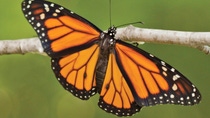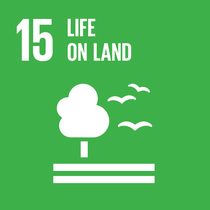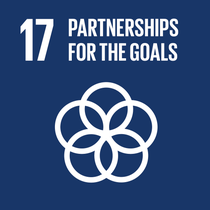20
BASF sites have planted milkweed
Agriculture
United States

Living Acres #MonarchChallenge
The monarch butterfly is a beloved and iconic species, whose populations have been declining in the United States since the late 1990s. Through the Living Acres #MonarchChallenge, we are doing our part to help restore the monarch butterfly population. Since its start 2015, the challenge has been flourishing, with farmers, farm families and golf courses stepping up and getting involved in the program.
Why
One of the many factors contributing to the decline in monarch butterfly populations is the shrinking number of milkweed plants. Milkweed is critical for the monarch’s survival, as it is the only plant on which they will lay their eggs and it provides food for their larvae. The majority of the eastern monarchs fly north from central Mexico in spring and summer, landing in central and eastern parts of the United States and southern Canada. Major stretches of farmland lie within the monarchs’ migration and summer breeding habitat where milkweed and other nectar sources are no longer as prevalent as they once were.
How
By allowing milkweed species to grow on land not reserved for crops, farmers can play a key role in helping maintain and restore the monarch population. Not only farmers, but also golf courses and other agriculture advocates have been signing up for the #MonarchChallenge. Drawing on our agricultural and biodiversity expertise in the BASF team, we provide them with milkweed stems, hands-on advice and best practices for establishing and maintaining milkweed plants on land not reserved for crops, in out of play areas of golf courses and other agricultural areas. Moreover, we will be donating $50,000 to a non-profit organization to scale the project habitat’s acreage.
Result


83,000
milkweed plants established on farmlands and golf courses

8,000
participants signed up

4
universities as partners for ongoing pollinator research

29
states where #MonarchChallenge milkweed is planted

90
golf courses participating
SDGs

We provide habitat and food for monarch butterflies by establishing and maintaining milkweed plants on land that is not reserved for crop cultivation.

Live on land: We are supporting ecosystem restoration for the care of the monarch butterfly and other pollinators through the implementation of good agricultural practices.

We partner with universities, farmers, golf courses and other agricultural advocates to develop and implement best practices to maintain and restore the North American Monarch population.
